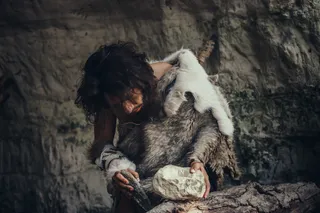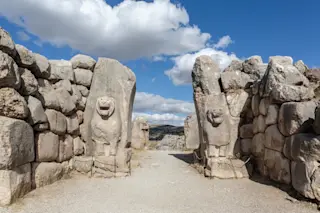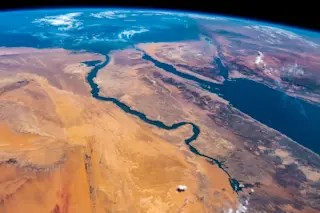We humans are social animals, for whom solitary confinement is a punishment. Perhaps that’s why we’re so fascinated by novels and stories about whole societies that become isolated. But what would really happen if people colonized, say, a remote island and were then cut off from all contact with the outside world? Would they survive? Would they remain civilized? Would they revert to jungle law and end up killing one another? Or would they perhaps just gradually die out? There have in fact been such cases. Many populations underwent long periods of isolation on Polynesian islands, for example. Other peoples became cut off within large landmasses--such as northwest Greenland’s polar Eskimos, who thought they were the only people in the world when discovered by European explorers. And the entire continents of Australia and the Americas were colonized from Asia and then developed for thousands of years in partial isolation. That ...
Ten Thousand Years of Solitude
What really happends when a society is forced to go it alone?
More on Discover
Stay Curious
SubscribeTo The Magazine
Save up to 40% off the cover price when you subscribe to Discover magazine.
Subscribe












